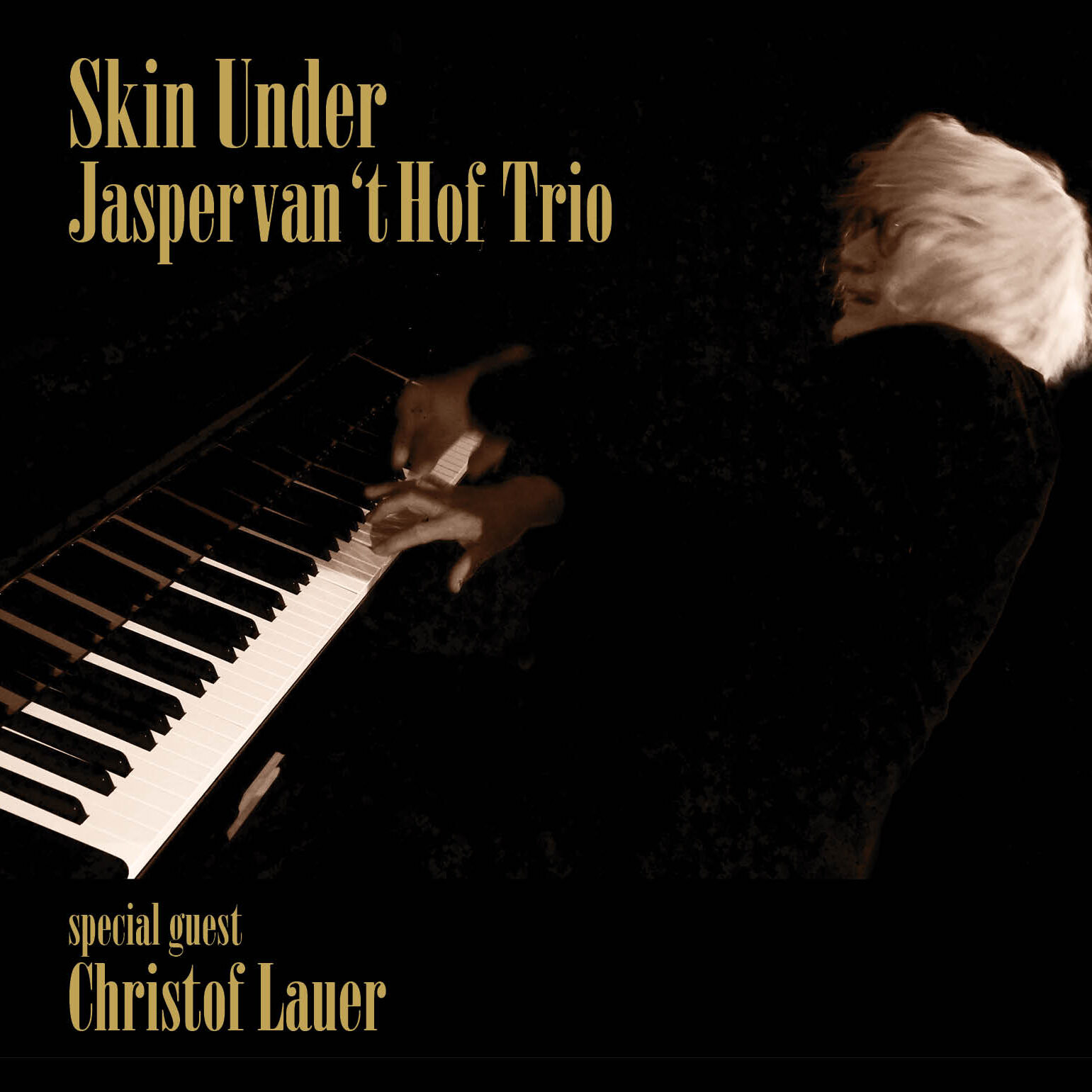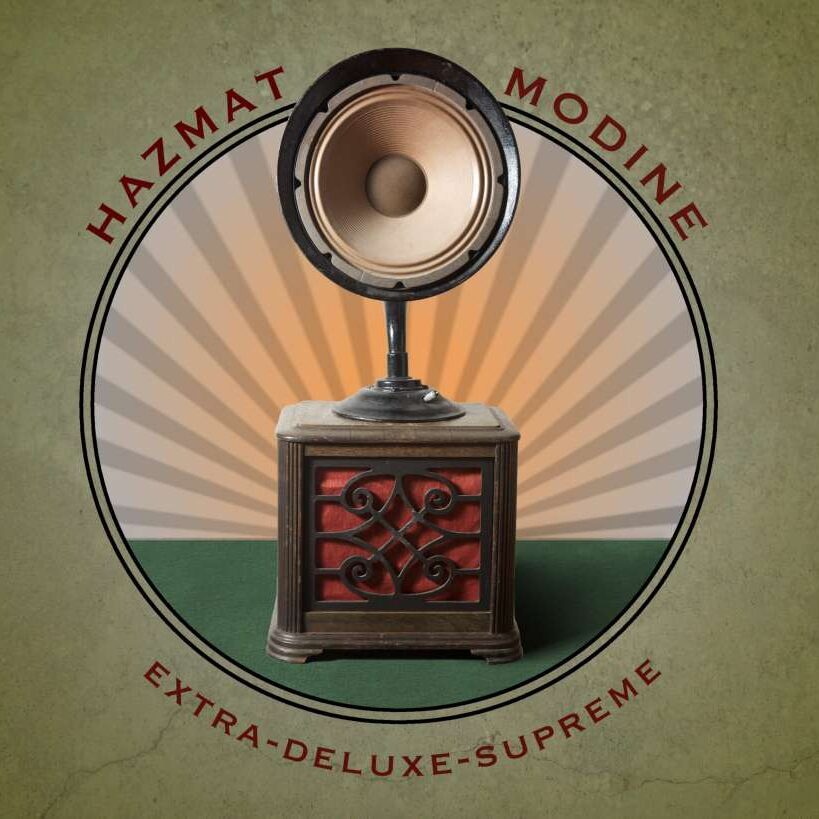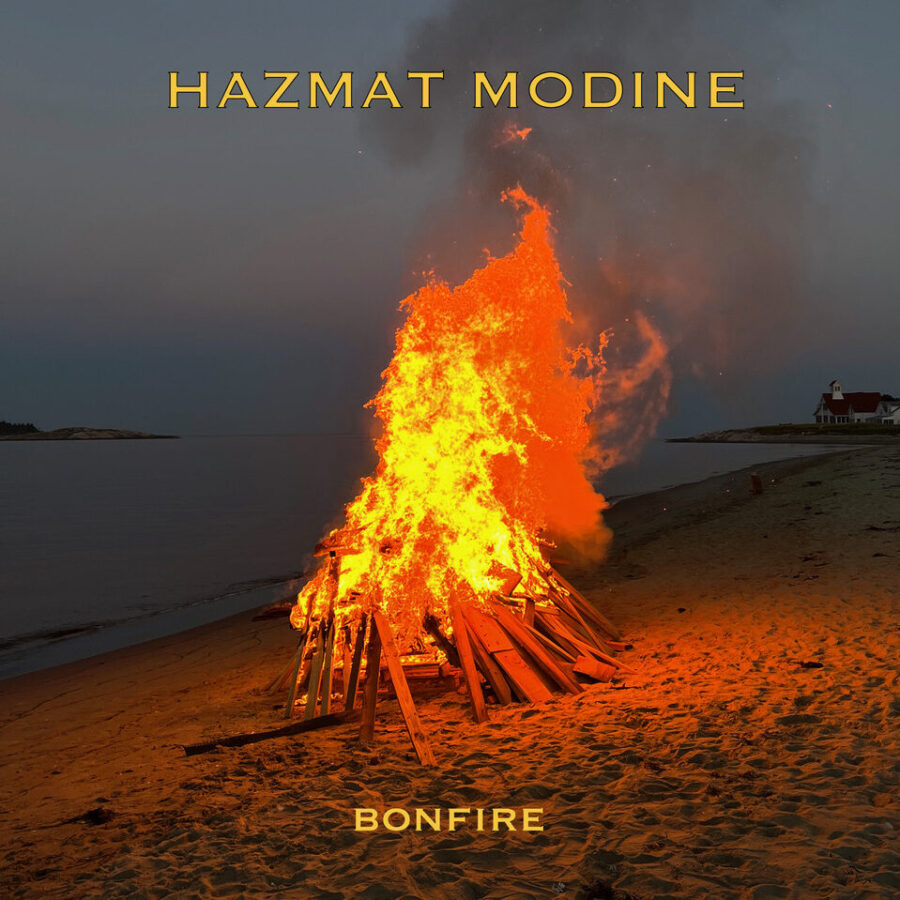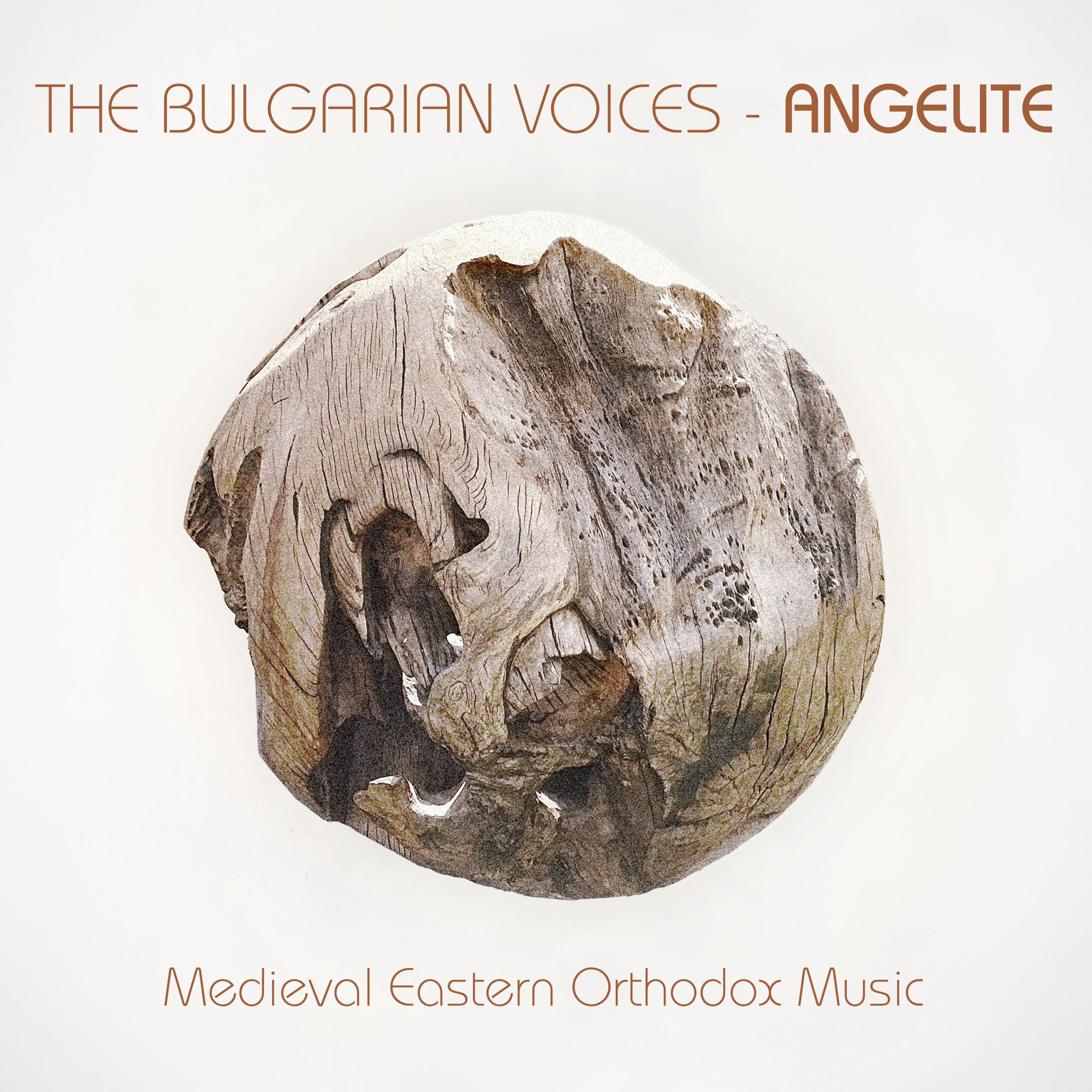Yeh Yo Halka Halka
18,00 €
The magnificent voice of Qawwali. Traditional music of the Islamic Sufi-brotherhood. Expressive singing accompanied by harmonium and tablas. In 1995 Nusrat Fateh Ali Khan received the prestigious International Music prize of the UNESCO.
“One cannot turn a deaf ear to this power.” Hifi Vision
NUSRAT FATEH ALI KHAN (born 1948 – dead1997)
Legendary Pakistani musician Nusrat Fateh Ali Khan, passed away on Saturday, August 16, 1997 in a London hospital. He was only 49.
He was born in Faisalabad, in Pakinstan’s eastern Punjab province. For hundred of years, members of his family have been singers of qawwali. Khan’s father, also a prominent qawwali singer, originally discourraged him for the profession.
Khan was considered one of the world’s greatest singers of Sufi devotional music. Sufis are Islamic mystics, and music plays a key role in many of their rituals.
Nusrat Fateh Ali Khan recorded dozens of cassettes in Pakistan, where he enjoyed a huge, fervent following that spanned generations. He was renowned worldwide for his songs of religious devotion in Urdu, long performances that build in emotion and complexity to the backdrop of stringed instruments and the harmonium. The distinctive style is known as qawwali.
Beyond the Islamic world, Nusrat’s music has touched all who encountered him. Some of his greatest collaborative work with Western music began with Peter Gabriel’s soundtrack for Martin Scorsese’s ‘The Last Temptation of Christ’ – the ground-breaking score, “Passion”. The long-standing relationship with Canadian producer/musician Michael Brook on the albums Mustt Mustt and Night Song introduced Nusrat’s music to another new audience. By the time he was to be heard as the key voice for the films ‘Natural Born Killers’ and ‘Dead Man Walking’ (with Eddie Vedder), he had reached the status of international superstar. Nusrat Fateh Ali Khan was a phenomenon who crossed all musical and cultural boundaries to enlighten us with inspirational talent. He has left with us an outstanding musical legacy for generations to come.
Among artists to pay tribute was Peter Gabriel, whose professional and personal relationship with Nusrat Fateh Ali Khan dates back to 1985. “I feel a great sense of loss today. The loss of an extraordinary artist and the loss of a friend,” Gabriel, said.
Tim Buckley writes of the first time he heard the qawwali singer, saying, “Then came the voice of Nusrat Fateh Ali Khan. Part Buddha, part demon, part mad angel… his voice is a velvet fire, simply incomparable.”
httpv://www.youtube.com/watch?v=7JU8UiqBqkQ
[/tab][tab title=”Missionary Man”]Nusrat Fateh Ali Khan was a missionary. Not a proselytizing promoter of a particular spiritual view of the world; not even an outright spokesman for the Sufi religion in which he was raised. Khan’s mission, in his own words, was to spread “a message of peace and love by singing from the depth of my heart.” And he did so with a great passion.
Khan was the first and most successful performer to bring the Sufi devotional music known as qawwali to the West. This ecstatic form of singing, with its extended, soaring vocals, its centuries-old poetry and its trance-invoking performances, seemed an extraordinarily unlikely music to achieve popularity with Western audiences.
But Khan, who died of cardiac arrest Saturday in London, made the breakthrough, his music eliminating boundaries of space and time, linking his audiences together in a creative devotional that transcended language, attitude and culture.
Although the Pakistani singer was revered in his own country, where he was described by his devotees as Shahen-sha-e-qawwali (the king of kings, the brightest shining star of qawwali), his first widespread visibility in the West was associated with his performance on the soundtrack of the 1995 film “Dead Man Walking.”
Khan’s real influence, however, came – with Western audiences, as it did with his Pakistani followers – through his live appearances. His performances at the House of Blues and Universal Amphitheatre last year were typical.
Khan’s imposing presence, which was likened variously to a combination of a smiling Buddha and a tuneful Jabba the Hut, did not remotely fit the familiar Western mold of a charismatic performer. But once his ensemble of chorus singers, drummers, harmoniums and stringed instruments began producing hypnotic, drone-like sounds, underpinned by soft, rhythmic percussion, a collective emotional connection began to fill the room.
And when Khan’s warm and flexible voice eased into his chant-like melodies, slowly gathering intensity, building energy as he soared into ever more complex melodies, the audience was quickly swept up in the emotional fervor of the music.
Khan’s passing, at a relatively youthful 49 (some sources say 48), deprives the world of one of its great artists. But the portals he opened between East and West will remain via the music of at least two talented members of his own family. His nephew Rahat Fateh Ali Khan and cousin Ustad Badar Ali Khan, who follow closely in his footsteps, will begin a series of U.S. appearances on August 31 at the Greek Theatre.
Written by: Don Heckman
[/tab][/tabs]



